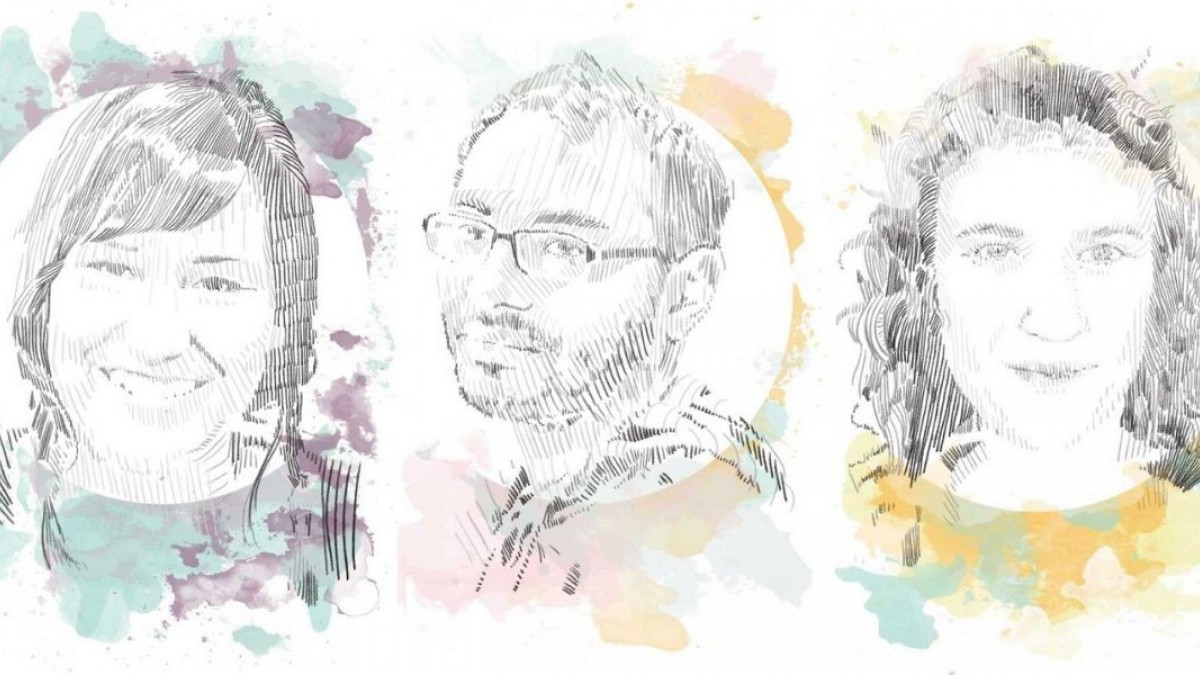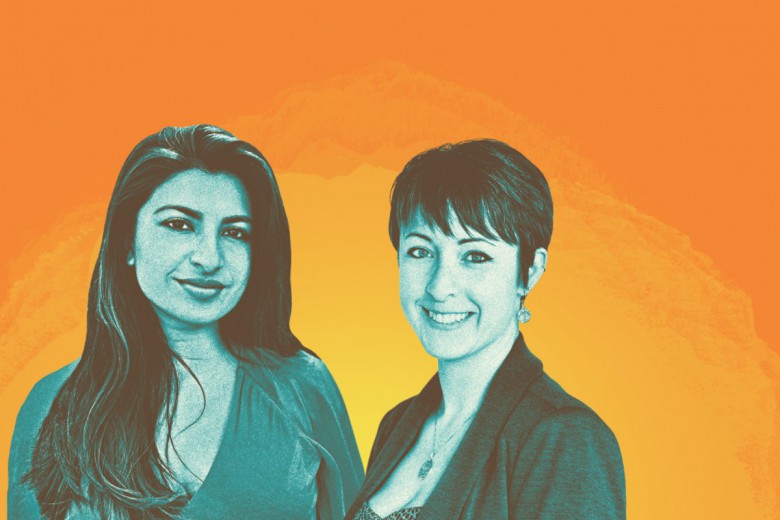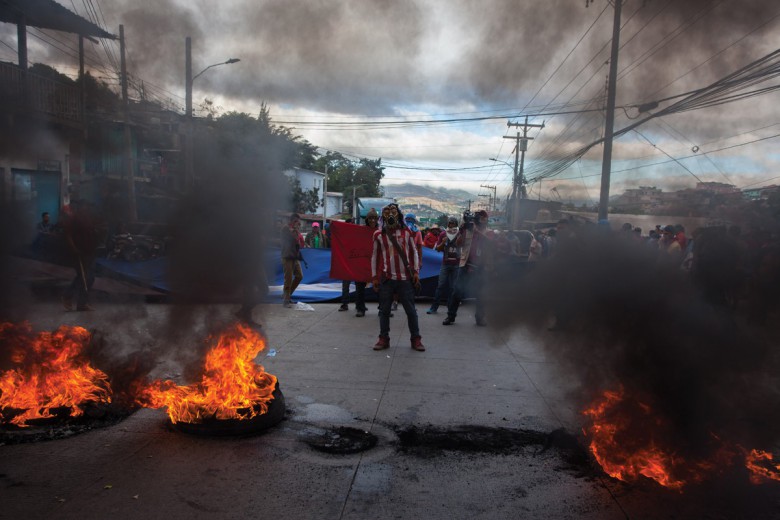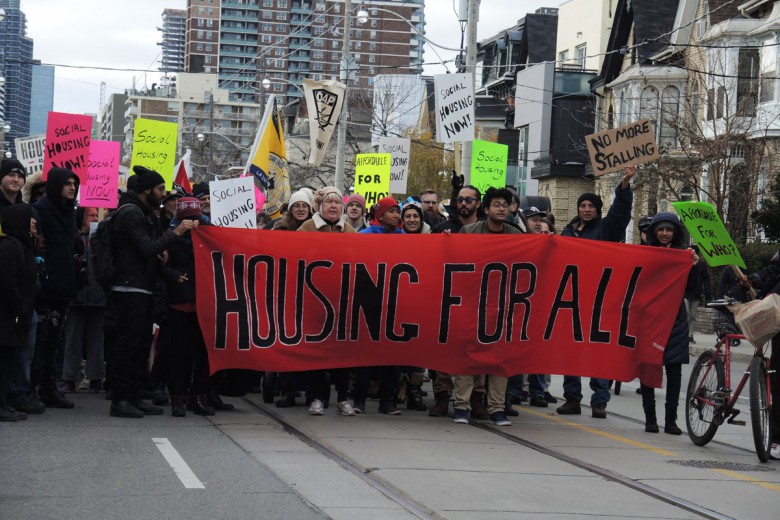Note: we invited a prominent NDP member of parliament to join this roundtable discussion. She initially agreed to participate but then backed out of it saying that she was uncomfortable with some of the discussion. Part two of our election roundtable will be published online May 20. If you appreciate this kind of unique content, please subscribe.
Given how ideologically extreme the Conservative Harper government is, and how much systemic damage it has done during its three terms, many people believe this federal election is of grave, historic importance. Do you agree?
Erica Violet Lee is a nehiyaw (Cree) Indigenous feminist, a youth organizer for Idle No More and #MMIWG2S, and a philosophy student at the University of Saskatchewan. Syed Hussan is an organizer and writer in Toronto who works with undocumented and migrant people, in defence of Indigenous sovereignty, and against war and capitalism. Nora Loreto is the author of From Demonized to Organized: Building the New Union Movement (2013). She is the editor for the Canadian Association of Labour Media (CALM) and lives in Quebec City.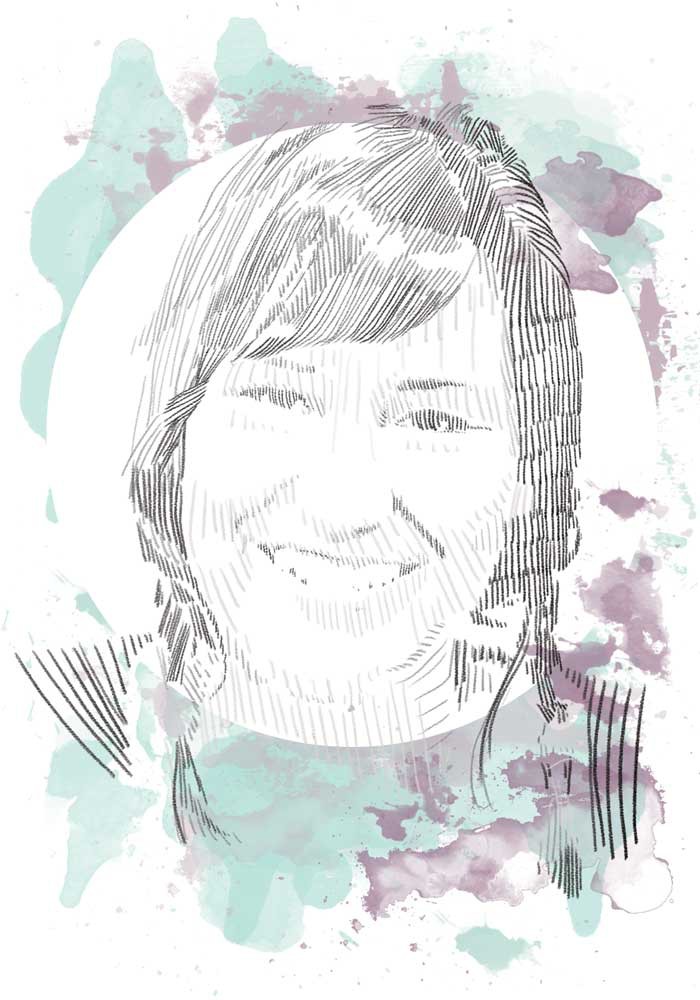
Erica: I think that every election feels like a chance to start with a “clean slate,” but the systems that underpin Canada’s electoral processes don’t reset. I remember being a kid and getting into politics, and not being happy with Liberals like Martin or Chrétien, but compared to the sheer extent of the damage that Harper has done via legislation like the omnibus Bill C-45, those Liberals seem like a walk in the park. Liberal governance is generally viewed as “business as usual” for Canada, but recall that it was a Liberal government that brought in the two per cent funding cap for First Nations education. So many of the parties hold similar views at this point. It will take a lot more than an election to start to undo 150 years of colonialism.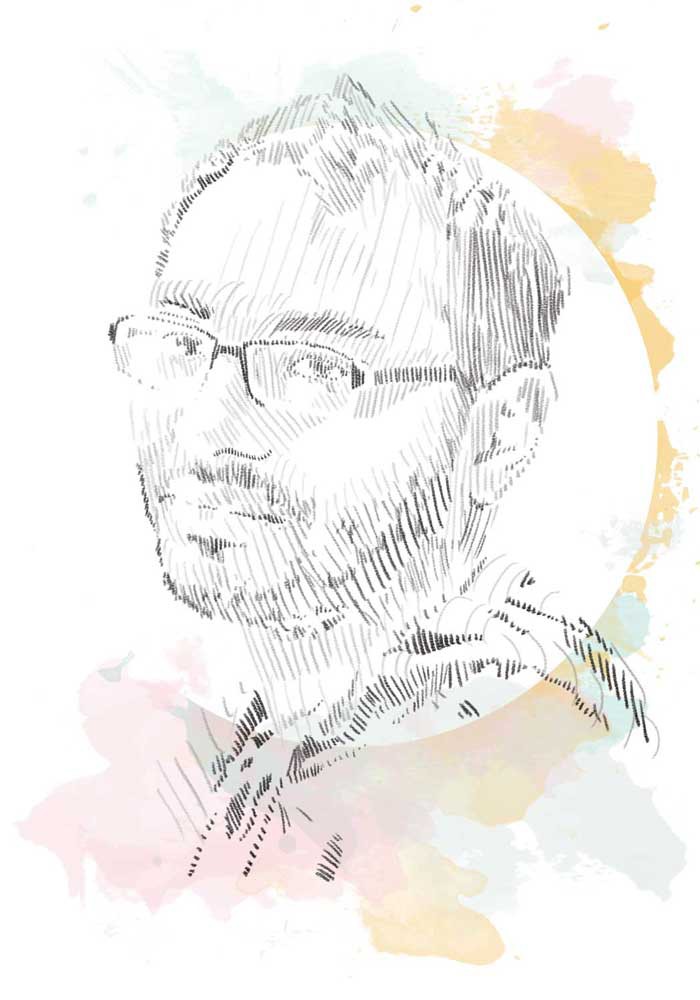
Hussan: An election at the federal level determines who gets to continue making the decisions for a settler-colonial capitalist state. No elections will determine the resurgence of the communities that I care about most: these include undocumented people, migrant workers, sex workers, Indigenous communities, and those impacted around the globe by Canadian policies. Our collective futures won’t be determined in these elections. But I do accept that if Harper [were elected for another term], it would be a shift in the historical pattern of the baton going back and forth between the Liberals and the Conservatives.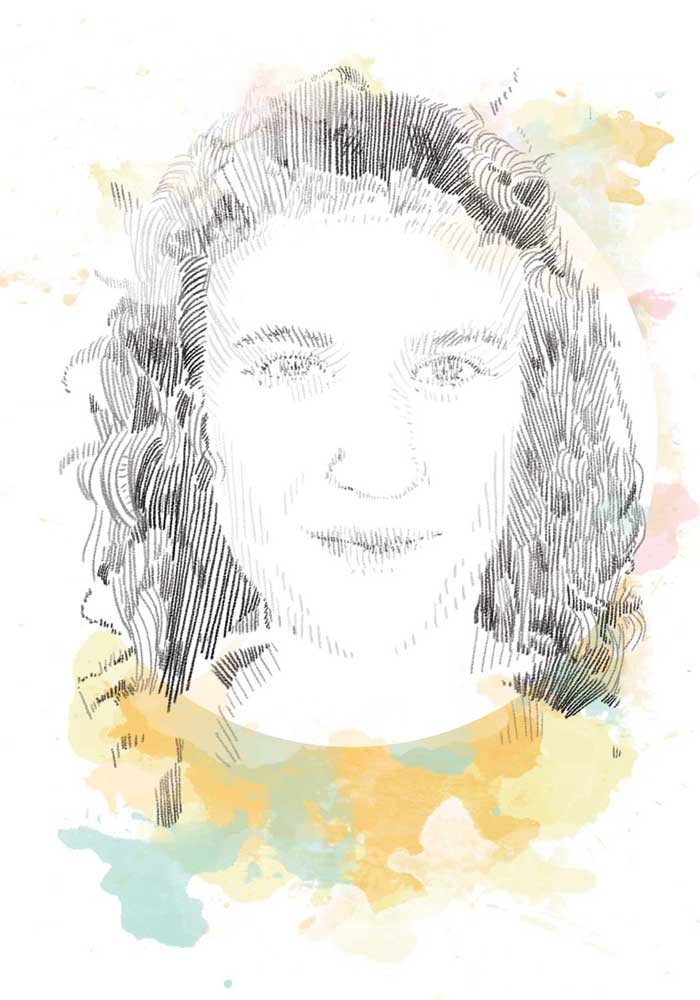
Nora: For thousands of Canadians, another Harper victory will mean the further elimination of the social programs that they depend on. The Conservatives will finish what they have started: to eliminate fundamental services (like door-to-door mail delivery and the CBC), encourage destructive resource extraction, undo collective bargaining rights, impose increasingly harsh criminal sentences, declare more war, and apply their so-called antiterror legislation. Canada will be fundamentally changed if they win. If we think of the broader structures that oppress many people, I agree with Erica and Hussan: defeating Harper will not bring about systemic change. But I fear that another Harper victory will lead to more death and misery among marginalized and struggling people.
Meanwhile, the Liberals take lessons from how far right the Conservatives can push. Defeating Harper is also part of a broader strategy to give confidence to parties ostensibly on the left that progressive policies can win elections. Derrick O’Keefe is a writer, activist, and dad based in Vancouver. He is a co-founder and editor of Ricochet Media and the author of Michael Ignatieff: The Lesser Evil? (2011).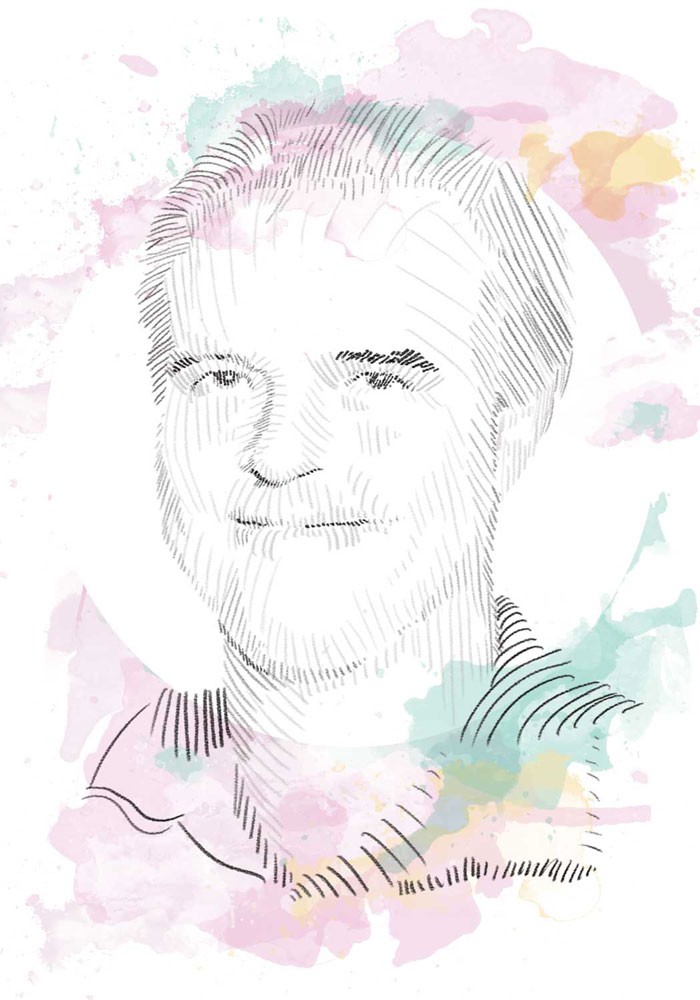
Derrick: I do think Harper winning again would be grave and demoralizing. This would be true especially for the fight against pipelines and climate change. If we can’t take out Harper now, after all the scandals and corruption, what hope is there for a government not in the pocket of Big Oil? But I’m afraid in many ways his government and the right-wing movement it grew out of has already made its historic impact on Canadian politics and society. Harper’s cohort, those who founded the Reform Party and then effectively refounded the right-wing establishment party, have been remarkably successful, even if they haven’t been able to implement or even campaign on their more extreme, socially conservative positions.
Why do you think the Harper Conservatives have been able to maintain significant support for their policies and for their record in Canada?
Erica: Last year, Harper visited Saskatoon and we organized a last-minute Idle No More rally at the convention centre. About 1,000 people drove past us to enter – almost all white people, and I’ve never seen so many giant shiny pickup trucks in my life – and as they drove past us we saw them either ignore us or laugh at us. The laughter upset me the most. We were holding up signs about missing and murdered Indigenous women, girls, and two-spirit people, about environmental destruction and justice system brutality – who laughs at that?
I strongly believe that the reason the Conservatives have held power comes down to hatred and fear of Indigenous people, migrants, and those whose bodies and voices challenge the myth of Canadian benevolence. They are afraid of us and literally want us destroyed because our very existence is a constant threat to the legitimacy of the Canadian state.
Hussan: Most people who live in Canada aren’t engaged with or aware of federal government policies. Official politics as it functions here is too obtuse, and too niche, focused on wedge issues. When I am meeting with undocumented people, or migrant workers, or newcomers, at workplaces or in homes, most people aren’t aware of the policy changes that impact their lives, much less about trade agreements, water management policy, and the like.
Many Canadian residents believe that foreign workers are stealing Canadian jobs – an all-out xenophobic and racist stance. Harper is playing to dominant fears and dominant ideology, exactly as Erica says. We in social movements have much work to do to build self-determination and anti-racism within our communities.
Derrick: I agree that a lot of it does come down to racism or latent racism. The Conservatives are, relatively speaking anyway, very sophisticated about it, using dog-whistle frequency racism, mostly keeping within liberal multicultural discourse. Of course, none of this makes policies of criminalization and deportation less deadly. And on issues like the niqab or the total failure to deal with murdered Indigenous women, the racism isn’t so subtle.
I think the Conservatives are also more consolidated and coherent ideologically than either the Liberals or NDP. They also have a lot more money and more means to micro-target and identify voters. Their base is also older, whiter, and richer – the demographics with the highest voter turnouts.
Nora: The electoral system and systemic disenfranchisement artificially boost Harper’s popularity. Harper plays to the lowest common denominator – white men with racist sympathies, for example – to maintain his majority. And new legislation passed to make voting even harder for many people will help to buoy this limited support. The left needs to take right-wing populism seriously, and learn lessons from it, but it shouldn’t pretend that Harper’s support is all that strong. Divide-and-conquer politics are very appealing in the current economic climate. Progressives need to find ways to meet these politics head-on and pull support away from the right.
Many concerned people are adopting an ABC (“Anything-but-Conservative”) approach to the election. Do you support this strategy?
Erica: Overwhelmingly, this is the mantra that I hear repeated among left-wing Canadians: ABC. Unfortunately, as Hussan and I have mentioned, ultimately electoral politics in Canada have a colonial foundation, which limits our ability to create lasting changes in people’s worldview. I predict a Liberal win, which I don’t believe will do much to reverse the policy of the last decade.
Hussan: Even if you believe in engaging with the election, the ABC strategy seems foolhardy to me. For it then allows other political parties to simply position themselves as the only party that can replace Harper. The result will likely be a Liberal government – where Trudeau will make some superficial changes and the overall arc of laws and policies that silence, impoverish, and exclude our communities will continue.
At the very least, I would hope people are pressuring the NDP and the Liberals to take up demands raised by social movements. But I don’t see that happening. Within labour, community, social policy, and environmental circles, there is a one-track approach: get rid of Harper. And essentially the highest aspiration is to turn back the clock to pre-Harper days. But for those of us that never had civil liberties, or clean drinking water (like a third of all Indigenous communities in Ontario), or direct access to permanent residency, a return to pre-Harper days is not a panacea, it’s continued aggression.
Derrick: Every vote is strategic, since every choice on the ballot is compromised. I don’t think participating strategically in an election is a moral question; it’s just one of many political decisions we make. In that context, I get that some will choose to vote Liberal in certain ridings even though the NDP or Greens might be closer to their principles. That’s a short-term strategic choice. But others might choose longer-term strategic considerations. One implicitly ABC approach is to focus on voter participation from youth and marginalized peoples. Someone should do a version of that old Uncle Sam poster, but with Harper saying, “I want you not to vote!”
As someone primarily engaging with this federal election as a journalist and writer, I’m most concerned with the vocabulary that goes along with advocating for ABC. There’s this assumption we often see in how people bemoan votes being divided between “progressive” parties: the NDP, Liberals, and Greens. At this point, any reference to the Liberals under Justin Trudeau – who is pro-Keystone XL, pro-Bill C51 – as “progressive” is just intellectually dishonest and unhelpful.
Nora: The ABC strategy (or the other extreme: all progressives should vote NDP) lacks necessary nuance. It erases regional and local differences and it’s rooted in fear. People want to vote for something but in the absence of a campaign that inspires, it’s too easy to fall into the frame of simply voting against something. This is where grassroots movements and unions have the greatest role: to define what it is that people would like to vote for and goad the NDP and Liberals to offer it up.
Another advantage of social movement campaigns is that they can easily evolve to target the government of the day after the election, keeping up the pressure. When you run an ABC campaign and Harper wins, the campaign dies the morning after the election. If you run an ABC campaign and Harper loses, the campaign also ends the next day, doing nothing to exert pressure on the new government.
Some Indigenous activists along with many who oppose Canada’s ongoing colonial character believe that participation in electoral party politics weakens resistance movements and undermines self-determination for Indigenous peoples. Others believe that increased Indigenous participation could stop Harper from forming the next government. What’s your view?
Erica: Even working within Idle No More, there’s so much contention on this issue. We’ve settled on the idea of engaging in Canadian electoral politics as harm reduction. I’ve always voted in federal and provincial elections – not because I believe it’s the cure, but because it’s one tool in the toolbox. We’ve all seen the figures that show if Indigenous people all came out to vote, our election impact could be significant, especially in the Prairies.
One thing that Idle No More has changed for me is that I am really conflicted about considering myself Canadian, even though that’s what it says on my passport, on my ID. As an urban Cree, you’d think this would make things difficult for me, but on the contrary, realizing how false Canadian nationalism is, next to the tangible power of community belonging, is liberating. How can I feel any pride or investment in Canada when one of the main goals of its project was to eradicate and assimilate people like me? I feel love for the land, for the waters, for the air, for the other creatures on this land – that’s where my allegiance lies.
Hussan: This is a conversation that will take many turns in many places. I imagine that many newer Indigenous activists will try and participate in the elections since it’s the obvious system to engage with (it’s the same for any other community). I worry that some may be disappointed or drop out of movements because the elections will inevitably fail to deliver. Many others – as Erica notes – will use the election cycle as a moment of increased media scrutiny, and possibly political debate, to further the long-term project of resurgence and decolonization.
Derrick: Increased participation from any marginalized community will help to defeat Harper. But I understand the position of Indigenous sovereigntists who don’t participate in what they see as colonial elections. Ultimately, I think those on the left need to develop a constitutional approach, beginning to think about refounding Canada in order to decolonize it. I’d say it’s a key part of reimagining what a truly radical, transformative political project would be in this country. The left needs to actively debate and think through the failure of its approach to Indigenous struggles historically.
Nora: It’s up to all people to decide for themselves. While the context is different, I think there’s also a discussion to be had among non-Indigenous people about whether or not voting is important or even necessary. While I’m sympathetic to voices who call for electoral boycotts, it’s hard to see how this doesn’t play right into the Conservative strategy: to make sure as few oppressed people as possible vote. And, really, as a white Canadian, the men who are ruining things in Ottawa are doing so in my name. I feel a responsibility to do everything I can to confront them.
Part two of our election roundtable is HERE.


